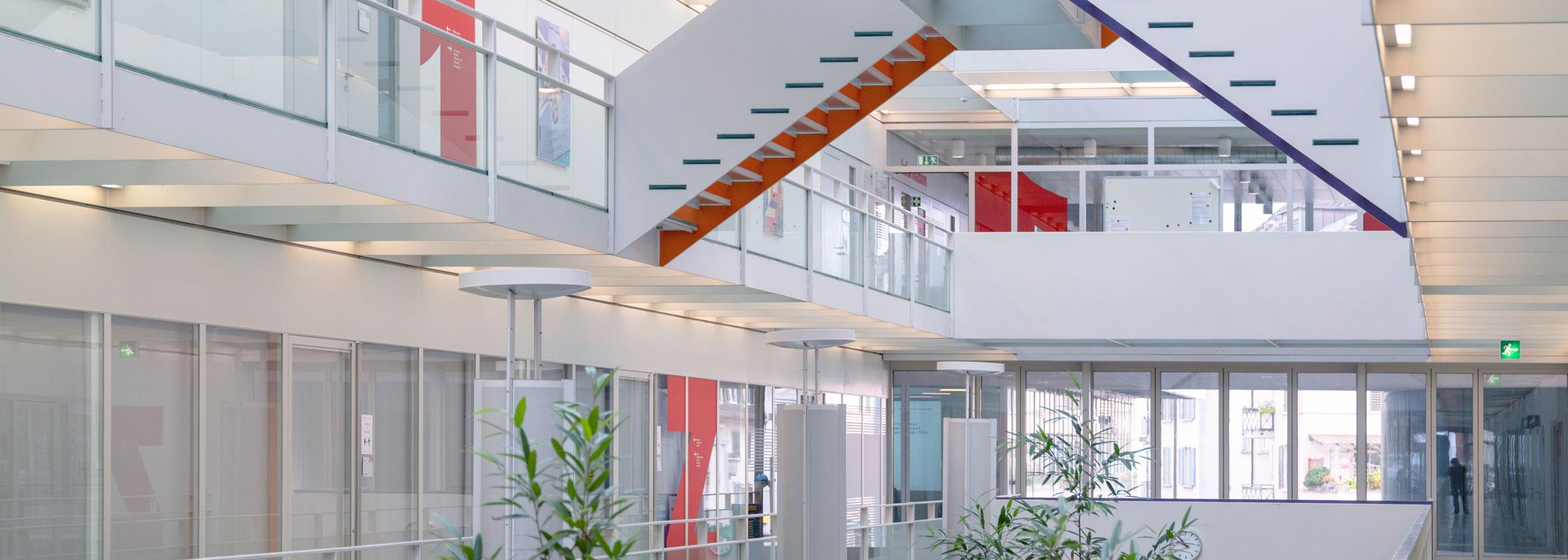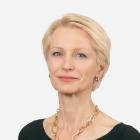Broad based and networked
About us
The University of Teacher Education in Special Needs is sponsored by 13 Swiss cantons and by the Principality of Liechtenstein. The future-oriented university employs approximately 200 staff. The university is widely networked and collaborates with universities and other partners in Switzerland and other countries. Because of its focus on special needs education and its sense of social responsibility, the university fosters a tradition of diversity sensitivity.

The basis for the University of Teacher Education in Special Needs is an intercantonal agreement (Interkantonale Vereinbarung). The university is sponsored by the cantons of Aargau, Appenzell Ausserrhoden, Appenzell Innerrhoden, Glarus, Graubünden, Obwalden, Schaffhausen, Schwyz, Solothurn, St. Gallen, Thurgau, Zurich, Zug, and by the Principality of Liechtenstein. Representatives of the sponsoring cantons and the Principality of Liechtenstein form the strategic council of the university: the University Council. The president of the University Council is Prof. Dr Dorothea Christ, director of the Office of Universities of the Canton of Zurich.
University leadership. The university leadership oversees and manages operations of the university. It is made up of the president of the university, the heads of the university institutes, and the head of Services. For development and steering of the university, there is participation (in an advisory capacity) at university management meetings by representatives of the scientific centres.
Networks and partnerships. As a university of teacher education with a specific focus, the HfH cooperates with a number of universities of teacher education and other universities in the German-speaking part of Switzerland, including Zurich University of the Arts (ZHdK), Zurich University of Applied Sciences (ZHAW), and other partners. Through various projects the university works together with umbrella organizations and professional associations, cantons, foundations, and other partners in Switzerland and other countries.
Staff. The staff of the university are the university’s most important resource for fulfilling its mandate. The staff are experts on generating, evaluating, and communicating knowledge on the education, development, and inclusion of people with special educational needs. They anticipate future challenges, actively contribute their expertise to scientific, policy, and public discussions, are known to policy makers and the public, and are consulted as experts on disability issues and framework conditions. The staff in the administrative and technical areas provide support and advisory services, underpinning the university’s excellent performance.
Equal Opportunity and Diversity. The University of Teacher Education in Special Needs is committed to equal opportunity and adheres to the principles of respectful, non-discriminatory dealings with staff and students. The Diversity Policy sets out the university’s approach and practices for dealings with all members of the university. Staff members are specifically promoted in accordance with their needs as well as the needs of the university. Leaders at the university support their employees through goal-oriented leadership in line with the university’s leadership principles.
Personnel Commission. The Personnel Commission (PEKO) represents the interests of the university staff. The members represent the different categories of personnel. Representation of personnel interests takes place among other things at the level of the university leadership as well as at the level of providing assistance regarding individual interests. The work of the PEKO is based on the following documents: the employee representation regulations (Mitwirkungsreglement) and the rules of procedure (Geschäftsordnung Personalkommission).
Student Council. The Student Council (STUKO) represents the interests of the students and provides input regarding further development of the university. The members of STUKO are representatives from the five degree programmes.






